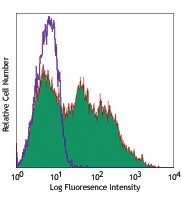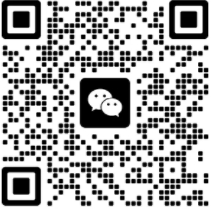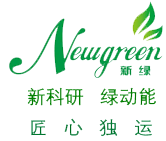

Isotype ControlPacific Blue™ Rat IgG2b, κ Isotype CtrlVerified ReactivityMouse, Human, Cynomolgus, RhesusReported ReactivityChimpanzee, Baboon, RabbitAntibody TypeMonoclonalHost SpeciesRatImmunogenC57BL/10 splenocytesFormulationPhosphate-buffered solution, pH 7.2, containing 0.09% sodium azide.PreparationThe antibody was purified by affinity chromatography, and conjugated with Pacific Blue™ under optimal conditions.Concentration0.5 mg/ml
Storage & HandlingThe CD11b antibody solution should be stored undiluted between 2°C and 8°C, and protected from prolonged exposure to light. Do not freeze.Application
FC - Quality tested
Recommended Usage
Each lot of this antibody is quality control tested by immunofluorescent staining with flow cytometric analysis. The suggested use of this reagent is ≤ 1.0 µg per 106 cells in 100 µl volume. It is highly recommended that the reagent be titrated for optimal performance for each application.
* Pacific Blue™ has a maximum emission of 455 nm when it is excited at 405 nm. Prior to using Pacific Blue™ conjugate for flow cytometric analysis, please verify your flow cytometer's capability of exciting and detecting the fluorochrome.
Alexa Fluor® and Pacific Blue™ are trademarks of Life Technologies Corporation.
View full statement regarding label licensesExcitation LaserViolet Laser (405 nm)
Application Notes
Clone M1/70 has been verified for immunocytochemistry (ICC) and frozen immunohistochemistry (IHC-F).
Additional reported applications (for relevant formats of this clone) include: immunoprecipitation1,4, in vitro blocking3,9,12, depletion2,8, immunofluorescence microscopy6,7,10, immunohistochemistry of acetone-fixed frozen sections5,11-13, and spatial biology (IBEX)35,36. For in vivo studies or highly sensitive assays, we recommend Ultra-LEAF™ purified antibody (Endotoxin < 0.01 EU/µg, Azide-Free, 0.2 µm filtered) (Cat. No. 101248).
Application References
(PubMed link indicates BioLegend citation)
Springer T, et al. 1978. Eur. J. Immunol. 8:539. (IP)
Ault K and Springer T. 1981. J. Immunol. 126:359. (Deplete)
Springer TA, et al. 1982. Immunol. Rev. 68:171. (Block)
Ho MK and Springer TA. 1983. J. Biol. Chem. 258:2766. (IP)
Flotte TJ, et al. 1983. Am. J. Pathol. 111:112. (IHC)
Noel GJ, et al. 1990. J. Clin. Invest. 85:208. (IF)
Allen LA and Aderem A. 1996. J. Exp. Med. 184:627 (IF)
D'Amico A and Wu L. 2003. J. Exp. Med. 198:293. (Deplete)
Brickson SJ, et al. 2003. Appl Physiol. 95:969. (Block)
Clatworthy MR and Smith KG. 2004. J. Exp. Med. 199:717. (IF)
Hata H, et al. 2004. J. Clin. Invest. 114:582. (IHC)
Zhang Y, et al. 2002. J. Immunol. 168:3088. (IHC)
See More
Product Citations
Kretschmer I, et al. 2016. J Biol Chem. 291: 4091 - 4106. PubMed
Zaman R, et al. 2021. Immunity. :. PubMed
Hou X, et al. 2020. Cell Reports. 28(1):172-189.e7.. PubMed
Arora H, et al. 2019. Immunity. 50:418. PubMed
Tomida S, et al. 2019. Sci Rep. 9:10751. PubMed
Zimmerman SM, et al. 2022. Oncogene. 41:4983. PubMed
Liu PS, et al. 2023. Nat Immunol. 24:452. PubMed
Golshadi M, et al. 2023. NPJ Regen Med. 8:12. PubMed
Touré H, et al. 2023. PLoS Pathog. 19:e1011257. PubMed
Herrejon Chavez F, et al. 2023. Nat Commun. 14:2290. PubMed
Solier S, et al. 2023. Nature. 617:386. PubMed
Wang C, et al. 2023. Int J Oral Sci. 15:19. PubMed
 扫一扫 关注我们
扫一扫 关注我们
